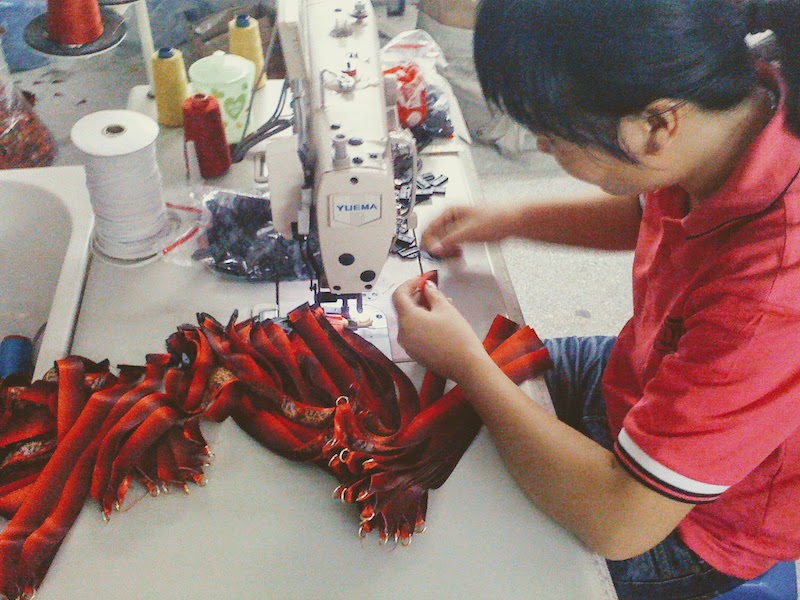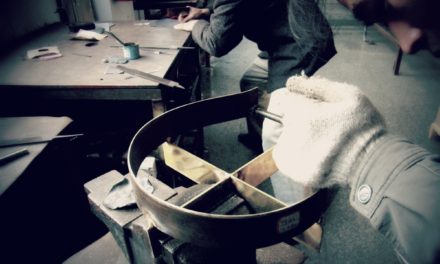Much of what a buyer thinks safeguards their China sourcing project, is actually imaginary. Reasons the buyer thinks the vendor achieves success are not actual reasons. Human nature tends to steer us towards things that are easy to believe and in turn reduce our actual effort. Neglecting this control and relying on nonexistent safety nets brings eventual harm to a project.
Avoid the safety net delusion.
Acknowledging these safety net misconceptions helps buyers recognize areas to exert effort and tighten up control.
Where the importer finds themselves using a safety net based on blind faith, remove it from the equation and substitute substantive control. “Here’s what we think is going to happen with the order, where’s our trail of evidence that shows this?”
The supplier confirmed.
This is probably the most exhausted phrase of false control. A frantic buyer exclaims, “how could this happen? The supplier confirmed they could do…”
A person they’ve never seen who works across the globe suddenly becomes infallible when they speak.
“Here’s what we think is going to happen with the order, where’s our trail of evidence that shows this?”
True control doesn’t exclusively go by what a vendor confirms but there’s evidence to back it up.
The supplier needs this order.
Very large companies can say this with confidence, but even that expectation is subject to human error and discontent. For a large buyer, the vendor may need your order but that doesn’t mean they won’t muck it up!
Most buyers are very far away from being able to say this. If you’re a small to mid-size buyer, why would the supplier exert more effort over your job?
Don’t focus on the factory’s ambiguous need but look at their results along the way.
Are they responsive? Have they proven themselves so far during the order steps?
Do they put forth effort to fix errors?
Are they accessible? Do you have the kind of relationship with them where you are able to determine strengths and areas of lag?
“Need” and “effort” don’t always go hand in hand. A person may need a job, but that doesn’t mean their effort helps them to keep that job. A company may need business, but they don’t see their effort as what brings them the business.
A supplier may think, “Sure we may need this order, but whether or not we get it right will depend on pricing, buyer’s professionalism, 3rd party vendors, rain in Hangzhou, etc… We’re just here to manufacture”
The supplier wants to keep me as a client.
Maybe they do and maybe they don’t really have a strong feeling about it one way or the other.
Instead of focusing on the supplier’s desire to keep you as a client, focus on being the kind of client that suppliers want to keep.
If a buyer is small-volume buying, and needy then most likely the supplier is indifferent when it comes to retaining the customer. If this means losing money to fix a problem or letting the buyer go, guess which one they’ll chose?
Don’t focus on the factory’s ambiguous need but look at their results along the way.
Suppliers want to keep clients who are organized and don’t cause the factory to waste time. They want clients who move rapidly from the RFQ to the purchase order.
Playing your cards right as a buyer can make even low-volume orders appealing, but that in and of itself doesn’t reduce the need to exercise your own control methods.
If they have questions, of course they will ask.
Although you gain insight from suppliers’ questions, don’t use your supplier’s questions as a safety net.
Silence doesn’t mean everything is smooth sailing. Factories are busy and at times don’t have the wherewithal to stop and even ask themselves, “is this right?”
Or consider this, maybe you gave the wrong artwork or provided incorrect detail.
What’s going to make them ask you if this is indeed correct?
Is a solid safety net waiting for them to ask or requiring proofs of the artwork on the item?
Overall, the supplier will do the “right thing.”
What’s the right thing? Is the right thing your sales contact admitting a mistake to the factory owner and risk losing their job? Or is the right thing to the sales contact to overlook the production error and ship the goods?
It’s the old “trust but verify” scenario in China sourcing. Or like the mafia says in the movies, it’s not personal, just business. Don’t get caught up in emotions, values, and personalities. Instead focus on tangibles such as samples, proofs, factory visits, and on-site inspections.
The safest assumption concerning your safety nets is that these nets are something YOU, the buyer, has to weave.
It’s a net that must come from you.
The supplier will only help incorporate the net as far as you train their focus to do so.










China Sourcing Basics
Let me share what I've learned about China Sourcing.
Provide your email & receive free ebook: 40 Tips for Emailing China Suppliers.
I'll never spam. I'll share tips on Private Labeling, Sourcing and China Business.
You have Successfully Subscribed!